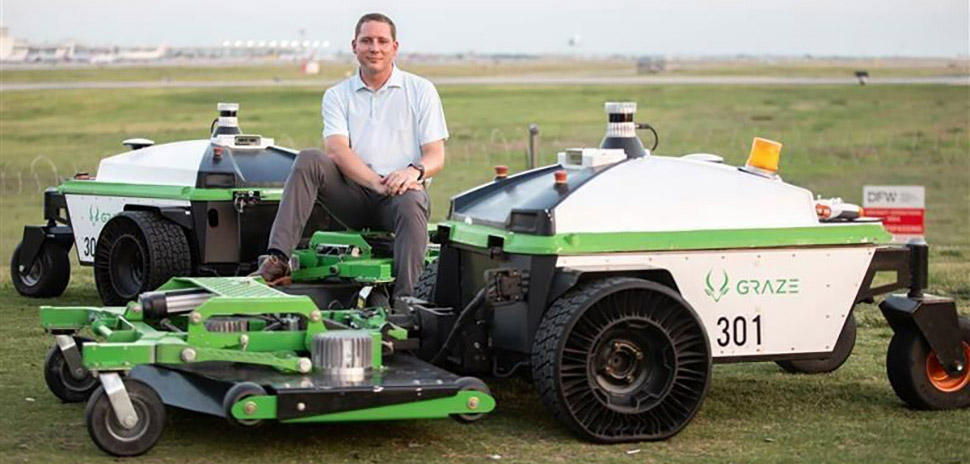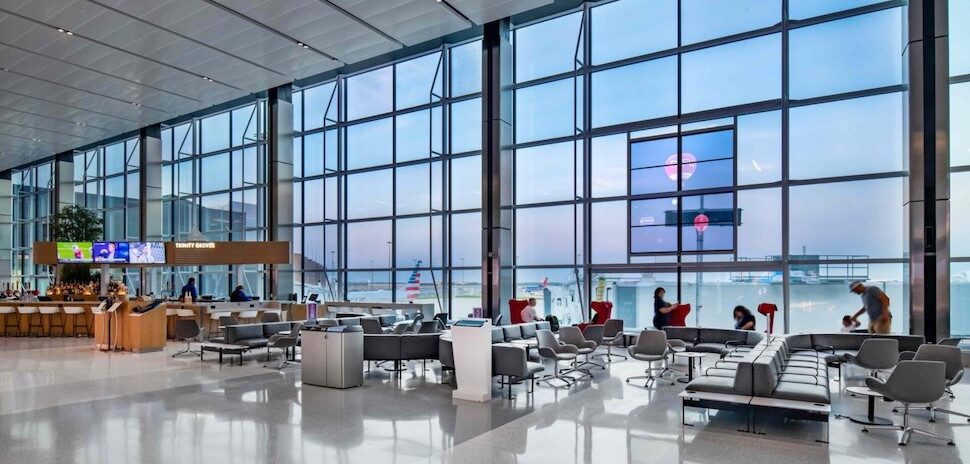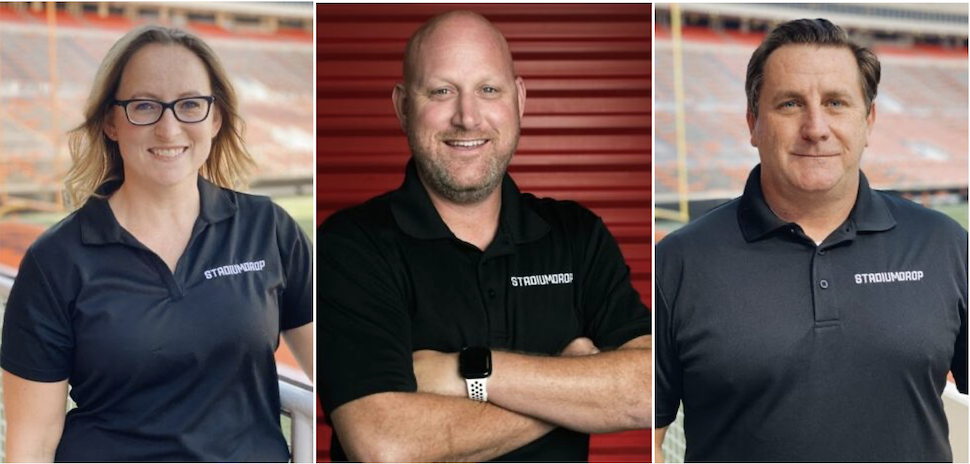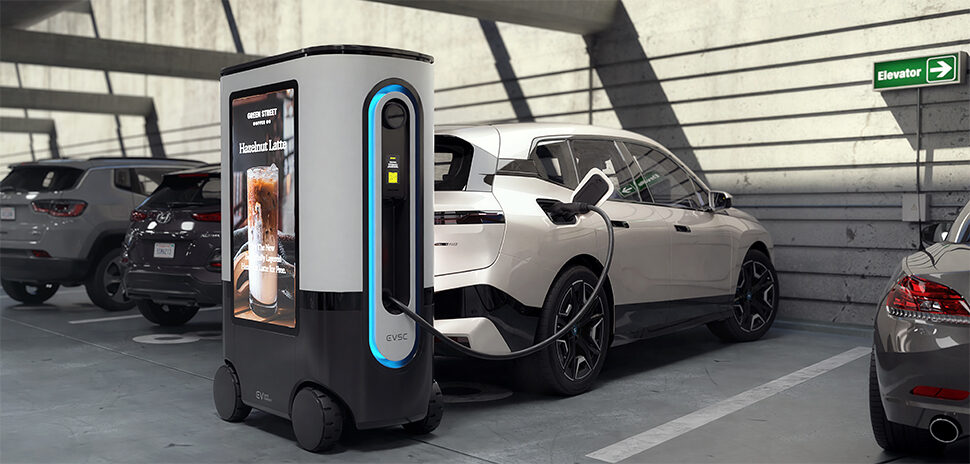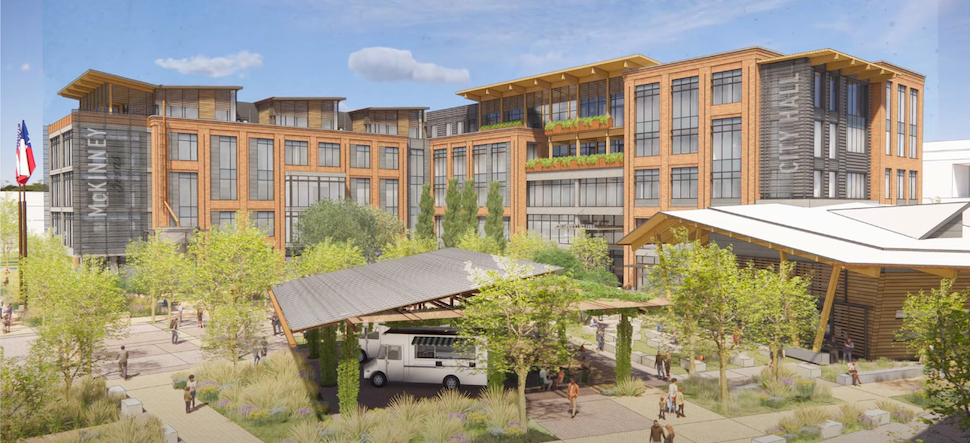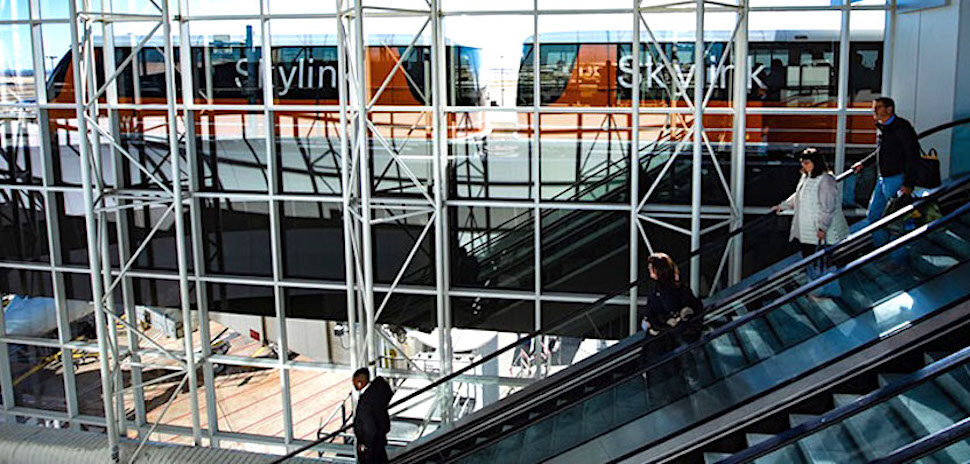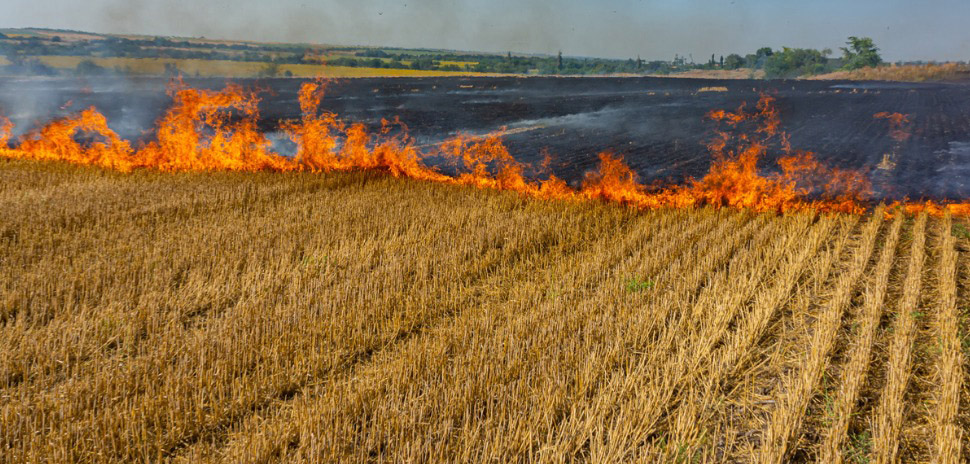If you think Dallas Fort Worth International Airport is all runways and parking gates, guess again. It’s a jungle out there, with more than 14,000 acres of grass that would be waving knee high if it weren’t constantly cut. But robotic help may soon be on the way.
McKinney-based Robin Autopilot, a provider of robotic mowing and landscaping technology, and Graze Inc., a developer of fully autonomous commercial electric lawn mowers, have begun an initiative to test both companies’ eco-friendly solutions for DFW Airport, the second-busiest airport on earth.
Robin launched a multi-manufacturer initiative at the airport in June, focused on landscaping maintenance across the airport’s campus, including its corporate headquarters, Founders Plaza, and dams.
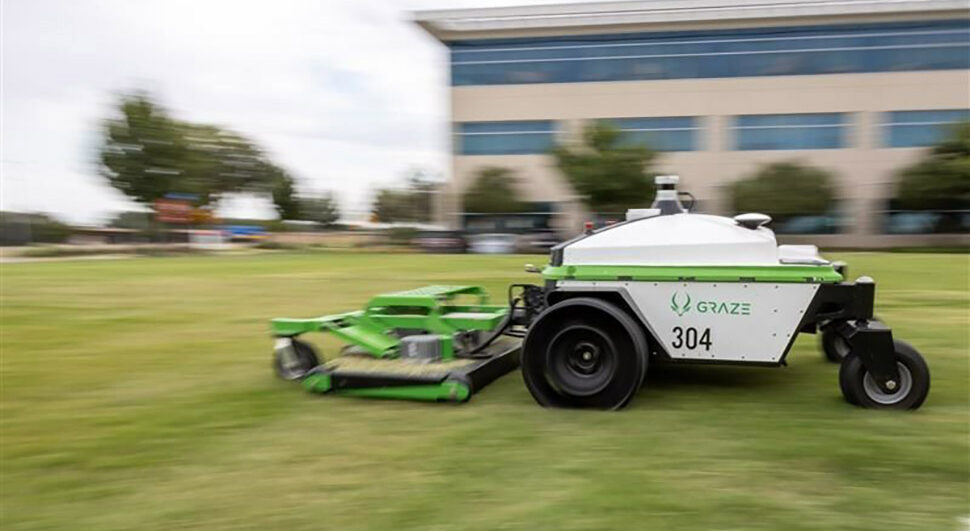
Graze robotic mower at work at DFW Airport [Photo: PRNewsfoto/Graze, Inc.]
“Graze and Husqvarna mowers tested extremely well in both effectiveness and efficiency for the project,” Logan Fahey, chairman of Robin Autopilot and CEO of Graze, said in a statement. “We’re excited about the success of this initiative, and we look forward to the possibility of expanding it and other key programs to serve enterprise-level customers in the rapidly growing autonomous mowing industry throughout Texas.”
Los Angeles-based Graze appointed Fahey as its CEO earlier this month.
Robotic mowers offer cutting edge tech
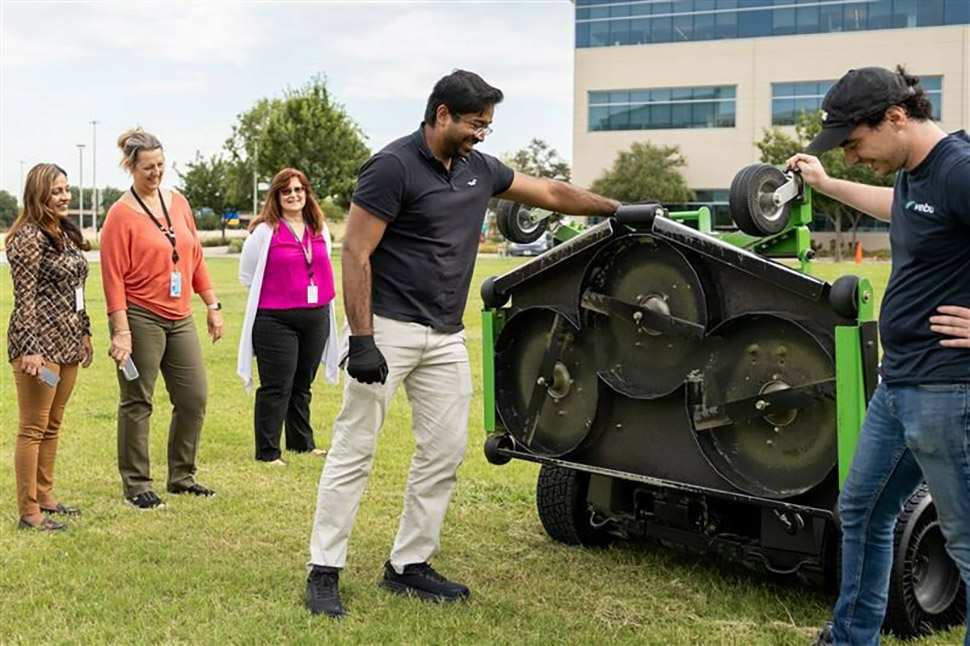
A look under the hood at the Graze deck. [Photo: PRNewsfoto/Graze, Inc.]
Robin Autopilot’s solutions include robotics-as-a-service (RaaS) technology that enables clients in the lawn maintenance and landscaping industry to offer environmentally friendly, cost-efficient, and labor-saving services for residential and commercial landscapes. Its multi-manufacturer platform includes partnerships with several leading equipment manufacturers, including Graze, Husqvarna, ECHO, NexMow, and Spider, offering clients a wide range of solutions to choose from.
Graze says its autonomous electric mowers are designed to serve large-scale properties like airports, golf courses, parks, and government facilities—including properties with high security requirements.
Graze says its solutions can increase profitability, reduce expenses, and enhance the safety of landscaping operations. Its mowers offer better quality cutting than gasoline-powered mowers, as well as environmental benefits to help companies achieve their sustainability goals, the company said.
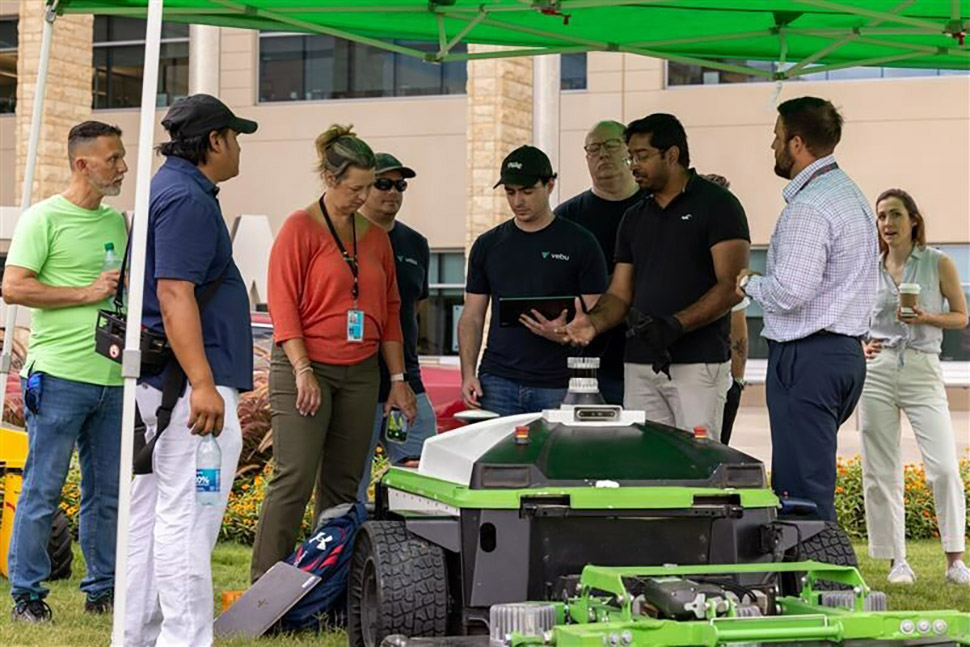
Scene from the DFW Airport robotic mower test. [Photo: PRNewsfoto/Graze, Inc.]
Graze opening an office in Dallas-Fort Worth
In a statement, Graze said it plans to open an office in Dallas-Fort Worth later this year to focus on serving new clients, particularly airports and golf courses, throughout the region. The company said its mowers will be on display in both Dallas and Austin for institutions to view.
Making lawn care eco-friendly
In 2021, Sweden’s Husqvarna announced it had increased its investment and ownership in Robin Autopilot USA.
“Expanding Husqvarna’s partnership with Robin Autopilot aligns with our strategic growth objectives and connects Husqvarna’s global leadership in professional robotic lawn care and technology with the innovative software solution that Robin Autopilot provides,” Steve Collins, Husqvarna’s VP of strategy and business development, said in a statement at the time.
That year we wrote that Robin Autopilot and its acquisition Mowbot were consolidating into a new headquarters in McKinney, with the help of a grant from the McKinney Economic Development Corporation’s Innovation Fund.
Robin said its mission is to make lawn care eco-friendly and reliable, while improving the health and appearance of commercial and consumer lawns by using the power of autonomous lawnmowers.
![]()
Get on the list.
Dallas Innovates, every day.
Sign up to keep your eye on what’s new and next in Dallas-Fort Worth, every day.










